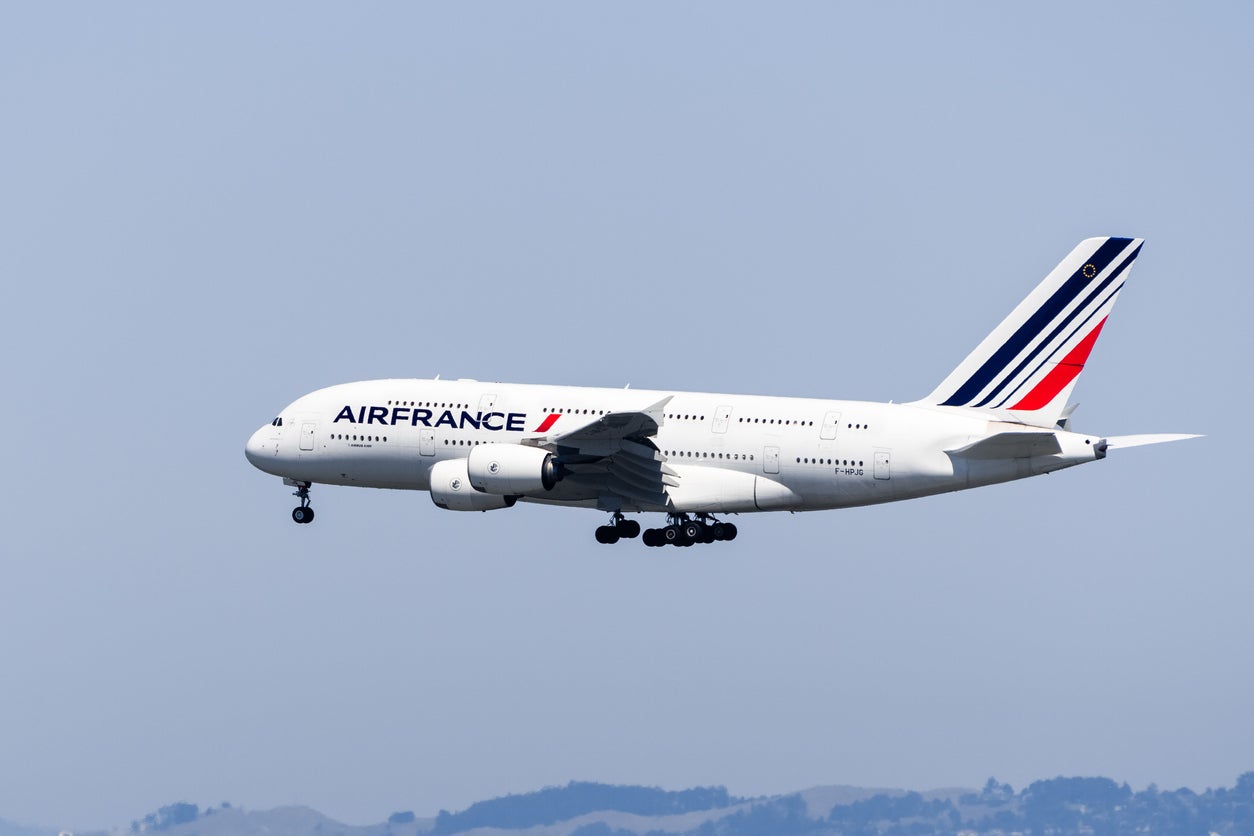Banning super-short haul flights has ‘very little’ impact on reducing aviation emissions, says study
Research has found that short plane journeys account for only 6 per cent of fuel burnt

Your support helps us to tell the story
From reproductive rights to climate change to Big Tech, The Independent is on the ground when the story is developing. Whether it's investigating the financials of Elon Musk's pro-Trump PAC or producing our latest documentary, 'The A Word', which shines a light on the American women fighting for reproductive rights, we know how important it is to parse out the facts from the messaging.
At such a critical moment in US history, we need reporters on the ground. Your donation allows us to keep sending journalists to speak to both sides of the story.
The Independent is trusted by Americans across the entire political spectrum. And unlike many other quality news outlets, we choose not to lock Americans out of our reporting and analysis with paywalls. We believe quality journalism should be available to everyone, paid for by those who can afford it.
Your support makes all the difference.The banning of super-short haul flights could have “very little” impact on reducing aviation emissions, a new study has reported.
A number of countries in Europe have placed extra taxes on super-short hall flights (those under 500km) or banned them altogether to combat emissions produced by air travel, but new research claims that this action is misplaced - and the focus should be put on long-haul flights instead.
The study, titled ‘Banning super short-haul flights: Environmental evidence or political turbulence?’, was produced by Frédéric Dobruszkes, Giulio Mattioli and Laurette Mathieu. Mattioli broke down the group’s findings in a Twitter thread, which has garnered over 800 likes and 200 retweets.
The study modelled what would happen if all 31 countries in the European aviation market banned flights below 500km to assess the impact on reducing emissions, finding that short-haul journeys account for 28 per cent of all flights, but only 6 per cent of total fuel burnt.
On the flip side, long-haul flights (over 400km) account for just 6 per cent of departures but 47 per cent of fuel burnt - up to 20 times as much as short flights.
The study states: “Targeting shorter flights (which often exist to alleviate physical obstacles imposed by physical geography) will contribute little to reducing the impact of aviation on climate”, claiming that “policy initiatives that target longer flights are urgently needed.”
The most high-profile example is France, which announced in April 2022 that it would ban all short-haul domestic flights that could be completed by rail in less than two-and-a-half hours.
France has a solid network of high-speed trains, which enabled the country to make the switch, in line with Belgium, Austria and the Netherlands’ policies.
Giulio Mattioli, a transport researcher and co-author of the study, said on Twitter that the emission impact of short flights gets “exaggerated”, and overshadows meaningful conversations about the serious emission impact of long-haul flights.
He stated: “Policy-makers have an obvious interest in focusing on short-haul flights as it’s often a very low-cost measure that does not upset everyone.
“But it doesn’t help (that) much with emissions, so if you care about climate you need to demand *more*, a lot more.”






Join our commenting forum
Join thought-provoking conversations, follow other Independent readers and see their replies
Comments